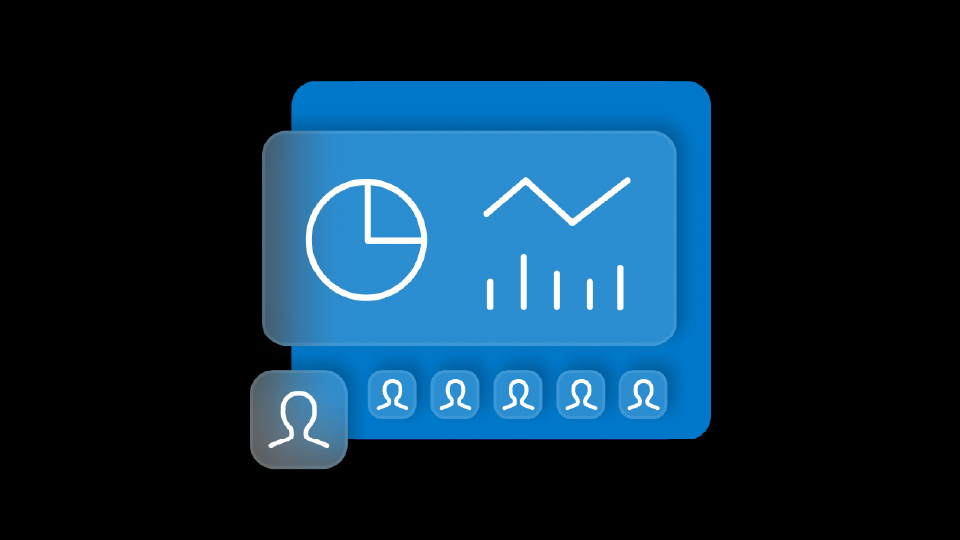How Private Equity Firms Can Optimize the Quality of Earnings Process with Virtual Data Rooms
6 October 2023Sellers are saving time and streamlining deals by using VDRs for Quality of Earnings reports.

When a private equity (PE) firm is considering the sale of an asset from its portfolio, an accounting firm is retained to conduct a quality of earnings (QofE or QoE) report. During this process, the company’s financials are thoroughly reviewed.
Where a financial audit primarily centers on assessing a company's adherence to generally accepted accounting principles (GAAP) — such as during the maintenance of its financial records and the preparation of financial statements) — a QofE report delves into the trends and anticipated earnings outcomes. The QofE often includes a 360-degree assessment of earnings, cash flow, operations, disclosures, balance sheets and a summary of earnings before interest, taxes, depreciation and amortization (EBITDA).
The QofE is a crucial step prior to entering due diligence. Validating the QofE before a transaction begins can help a seller expedite a sale, while simultaneously giving buyers and their advisors the insights they need to make informed investment decisions. The QofE report provides sellers with a third-party perspective on potential red flags or areas of concern that need to be addressed right away.
Given the large amount of highly sensitive information exchanged during QofEs, many PE firms are now using virtual data rooms (VDRs) to securely share pre-diligence company data. In an age where cybersecurity threats are constantly evolving, PE firms must remain vigilant to safeguard their digital assets and sensitive data. Failing to securely protect data can lead to catastrophic breaches and financial, reputational and legal consequences for organizations.
One of the benefits of a VDR is that deal leaders on the sell-side can silo workstreams between legal, human resources and accounting while collaborating within one hub. When the QofE is complete, typically two to three months later, the sell-side will have its ducks in a proverbial row.
Seamlessly move from deal to sale
Using a VDR for QofE in the early stages of a deal has the distinct advantage of streamlining the deal preparation and sale. When you manage the QofE process using a VDR, there are multiple advantages to the seller. They get a level of security and efficiency that isn’t possible when you’re dropping documents into emails and disparate consumer-grade apps.
VDRs help ensure streamlined workflows and secure interactions. When it’s time to move to due diligence, the data transfer to a new VDR is turnkey. With a few clicks, you can get the sale started and the buyer’s deal team can begin diligence. SS&C Intralinks’ VDRPro™ enables deal teams to share confidential company data securely and quickly with intermediaries, management teams and advisors during QofE analysis. VDRPro is the fastest and smartest virtual data room anywhere.
Conclusion
A comprehensive QofE analysis has the potential to substantially impact the purchase price and helps the seller communicate their professionalism, transparency and preparedness to do the deal.
The adoption of a VDR during the QofE process is a wise investment that can yield substantial returns, enhancing both the efficiency of a transaction and the eventual purchase price. When navigating the complex landscape of a divestiture, more PE firms are seeing a VDR as an indispensable tool in helping to obtain a successful deal outcome.
Related Content

Levi Weisner
Levi Weisner is an account executive at SS&C Intralinks based in New York City. He specializes in serving clients within the private equity and alternative investment sectors, with a primary focus on M&A and transactional use cases. His role involves cultivating strong client relationships and aiding them in driving growth and operational efficiency within their portfolios.

